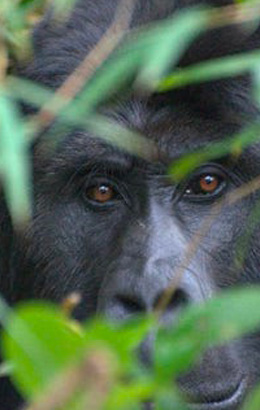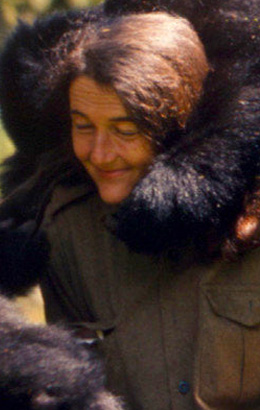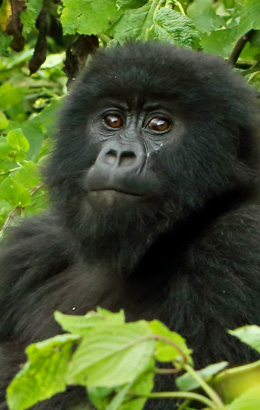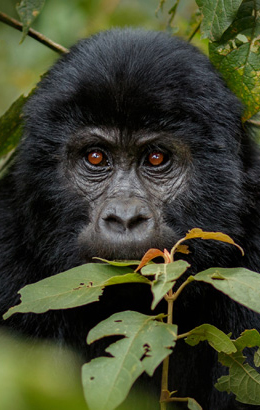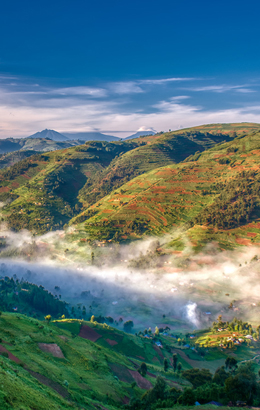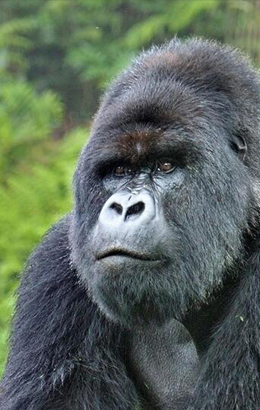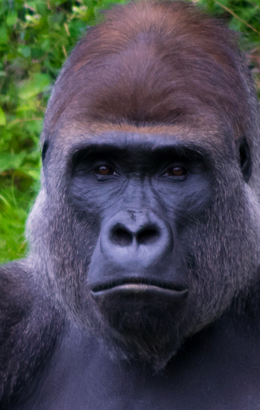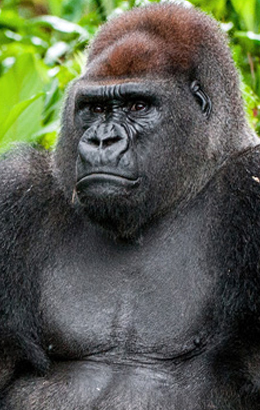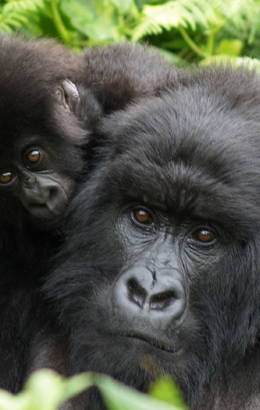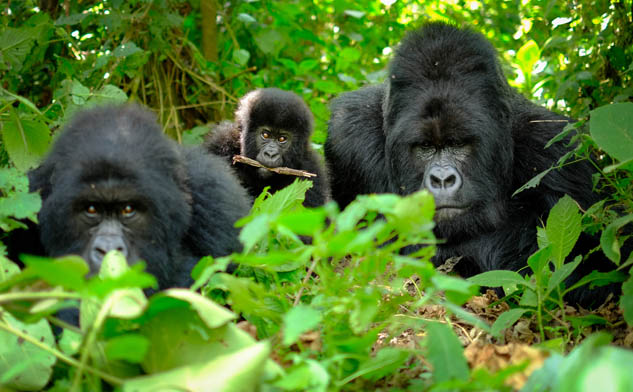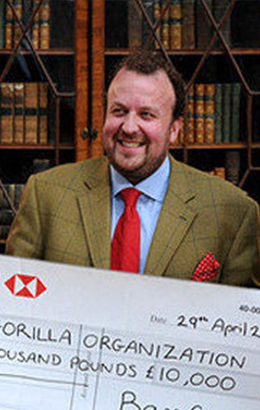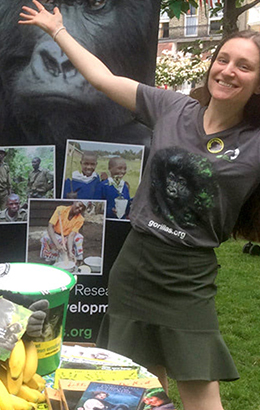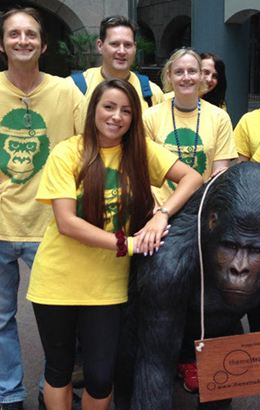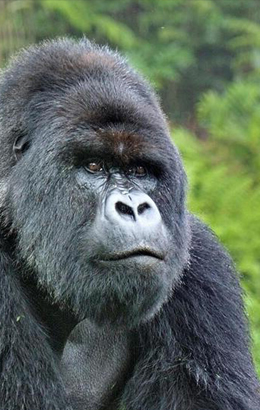The Gorilla Organization has been featured in National Geographic Traveller (UK), one of the world’s leading travel publications. The piece…
Healthy children, healthy gorillas
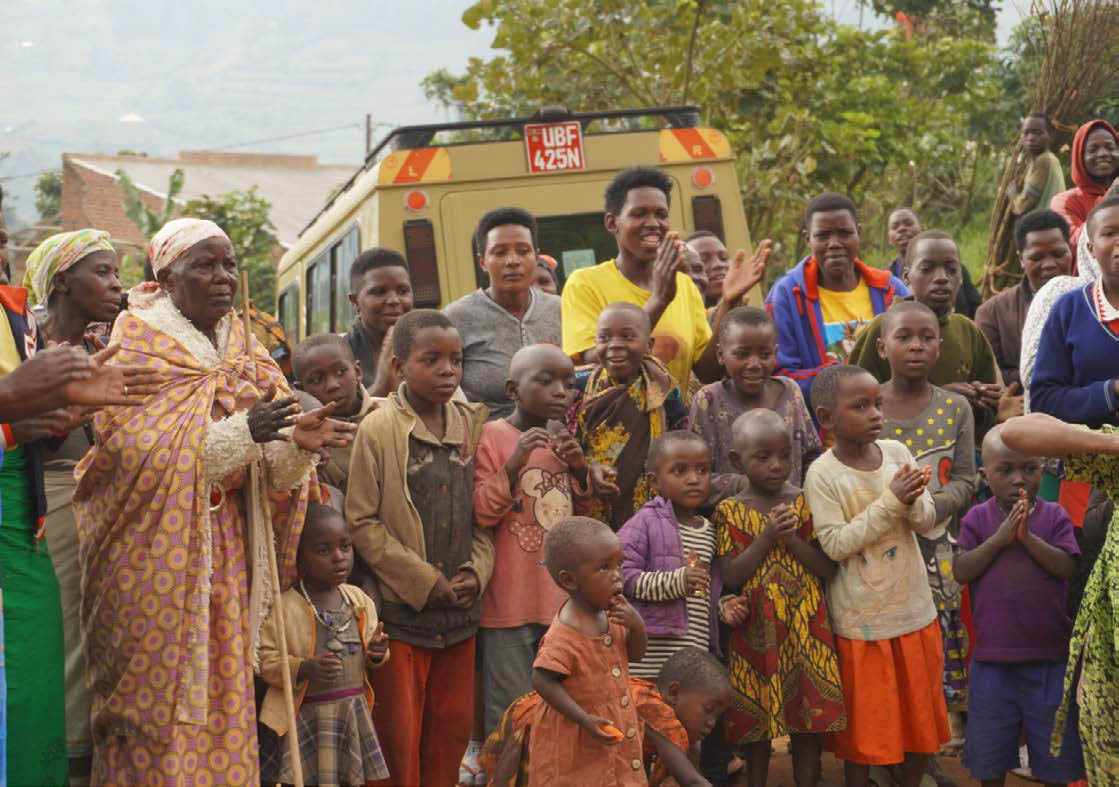
Gorillas and humans share around 98% of the same DNA. This genetic closeness builds respect and empathy. But it also has a major downside.
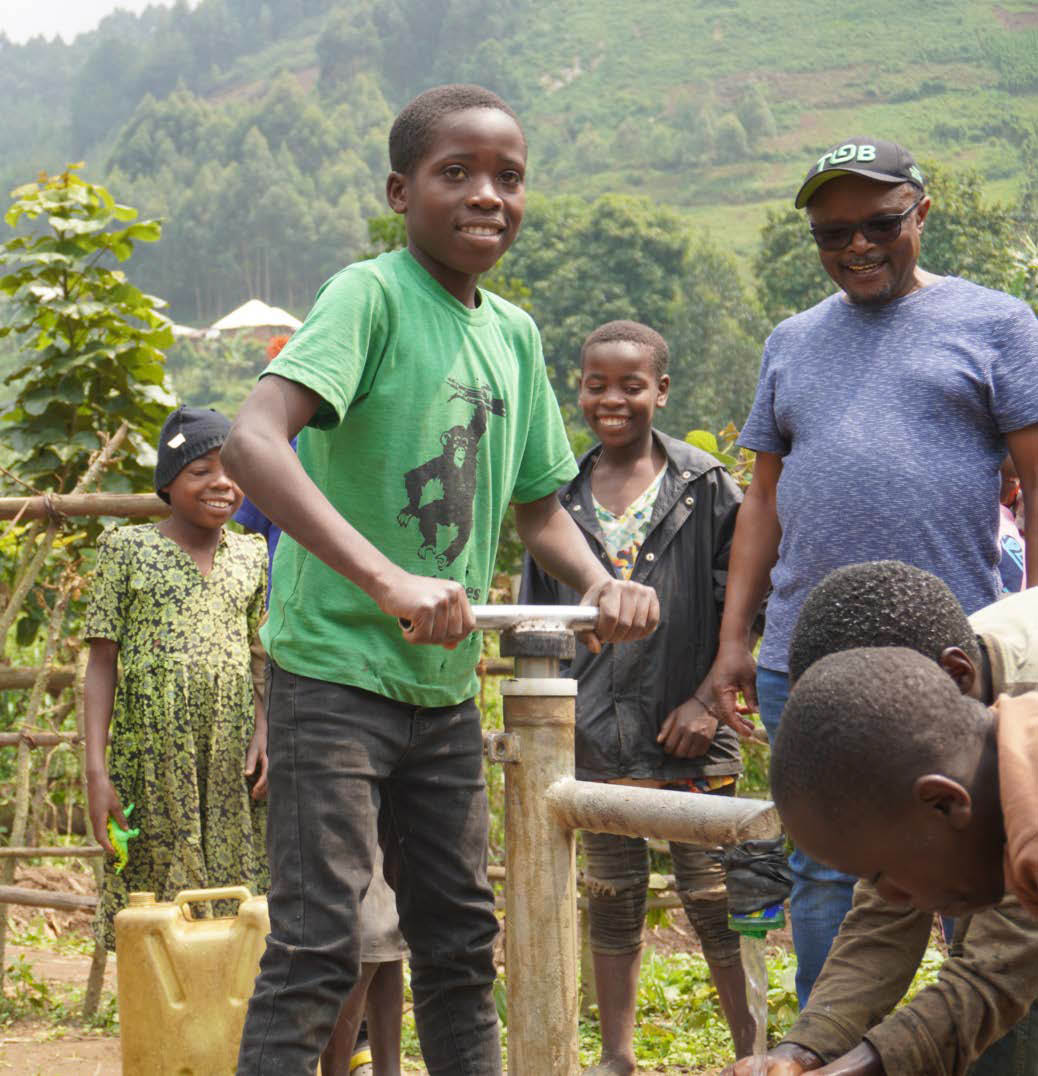
Gorillas and other great apes can catch diseases from humans. And viruses that are easily treatable for people can be far more serious, even deadly, for gorillas.
The threat posed by human gorilla transmission (known as reverse zoonoses) is only getting bigger as the two come into more frequent contact. The boundary between communities and the gorilla habitat is becoming increasingly blurred, not least as tourism brings people from all parts of the world, as well as rangers and trackers, to within just a few metres of the vulnerable great apes.
At the same time, the people living alongside the protected National Parks and reserves continue to encroach, bringing with them diseases that could potentially decimate critically endangered gorilla groups.
While research into reverse zoonoses is still in its relative infancy, the Gorilla Organization’s work to keep gorillas safe from human diseases is not. For more than 20 years, community-based conservation projects in Uganda and across the border in DR Congo, have been built around a recognition that healthy people means healthy gorillas.
In particular, ensuring children have access to clean water and reliable sanitation helps keep them in good health and in school and makes it less likely that they will pass on any illnesses to their parents, many of whom work in the forest as rangers, porters or guides. Gorilla Organization Director,
Jillian Miller explains: “With thanks to our donor That Gorilla Brand, our clean water projects deliver countless benefits for whole communities as well as for mountain gorillas. “Everywhere we have installed clean drinking water or toilets, the results are immediate and hugely encouraging, improving the wellbeing of people and the gorillas they live closely alongside.”

This story has been reprinted from Digit News Summer 2024. To download the full issue please click here.
Make a difference – help today!
More News
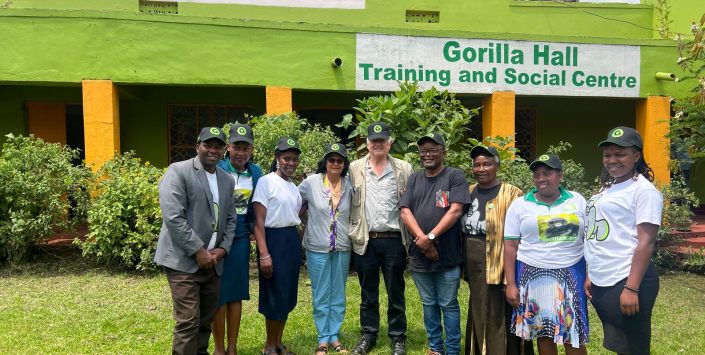
Stanley Johnson visits The Gorilla Organization in Kisoro
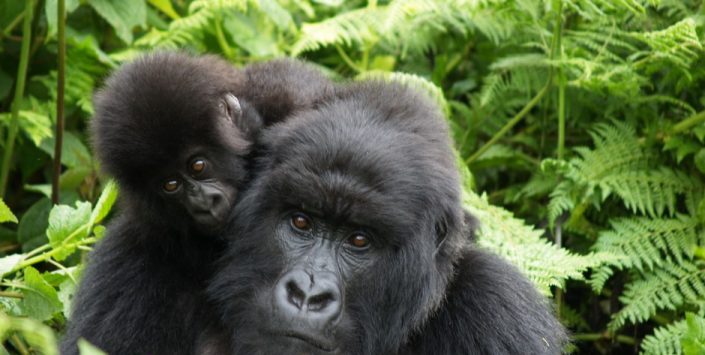
Inside Our Work: The Gorilla Organization Featured in National Geographic Traveller
The Gorilla Organization has been featured in National Geographic Traveller (UK), one of the world’s leading travel publications. The piece…
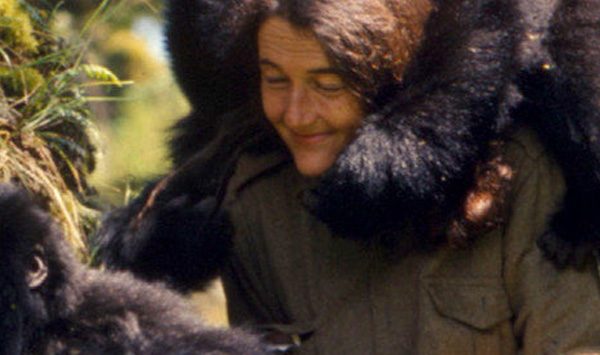
Celebrating the legacy of Dian Fossey, 40 years on
On 26 December 1985, the world lost one of the most influential figures in wildlife conservation. Forty years on, the…
